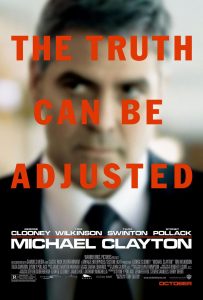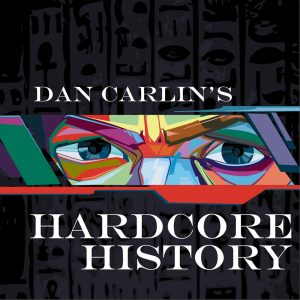The Truth can be adjusted
 Lately, I have been spending a lot of time reading business biographies. I have always been enamoured by the ability of some investors to weave stories and narratives out of historical facts. It’s a helpful (& a dangerous) tool to make sense of huge volume of information. The business biography genre takes this to the next level. If it’s a good biography, it can place the business along with its social, historical and cultural context. These details are needed to understand why the business grew / declined. This is also best described in hindsight when all the chips have already fallen in their places.
Lately, I have been spending a lot of time reading business biographies. I have always been enamoured by the ability of some investors to weave stories and narratives out of historical facts. It’s a helpful (& a dangerous) tool to make sense of huge volume of information. The business biography genre takes this to the next level. If it’s a good biography, it can place the business along with its social, historical and cultural context. These details are needed to understand why the business grew / declined. This is also best described in hindsight when all the chips have already fallen in their places.
What we have to tolerate, however, is the exclusion of details from the actual story. This exclusion can be due to the writer’s bias towards describing (or even interpreting) the facts. It can also result out of the need to make the story more interesting. Sometimes the more detail you provide can dilute the fun from the narrative.
That’s a tragedy for a learner because now we only get a viewpoint that was tailored for a specific outcome. It is not necessarily meant to reflect reality.
I faced a similar problem while listening to this brilliant podcast called Dan Carlin’s  Hardcore History. But Dan Carlin is much more conscious about this problem. So to counter that he indulges in historiography – A study of written histories. He deep dives into the history of a particular point in time and finds as many written source materials as possible to build a holistic view of events. So, in describing the history of Genghis Khan, for instance, and his descendants, he took the help of the history of Europe, Central Asia, China & not just the history written by the Mongols themselves. This allowed him to present a view of a culture / people from multiple angles. This dramatically increased the possibility of learning what really happened and possibly also eliminated cultural bias of the person writing the history. And what an amazing narrative it creates!!
Hardcore History. But Dan Carlin is much more conscious about this problem. So to counter that he indulges in historiography – A study of written histories. He deep dives into the history of a particular point in time and finds as many written source materials as possible to build a holistic view of events. So, in describing the history of Genghis Khan, for instance, and his descendants, he took the help of the history of Europe, Central Asia, China & not just the history written by the Mongols themselves. This allowed him to present a view of a culture / people from multiple angles. This dramatically increased the possibility of learning what really happened and possibly also eliminated cultural bias of the person writing the history. And what an amazing narrative it creates!!
While investing, if an investor does decide to go on the path to learn the reality of a business / business family / industry, it will certainly help to curate multiple sources of information. That will give us multiple viewpoints of looking at the same facts. Historiography is a very strong tool that can be useful for investors who wish to be thorough before acting on an investment idea.
The art, however, is to learn how not to get caught into analysis paralysis. Ultimately all we need, from time to time, is to find ourselves on the better side of luck.

Leave a Reply